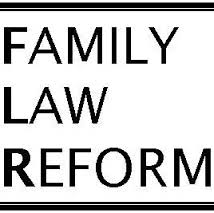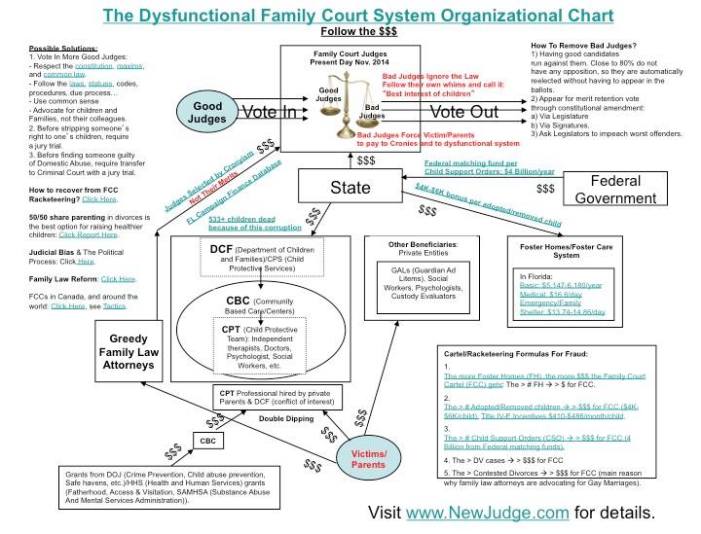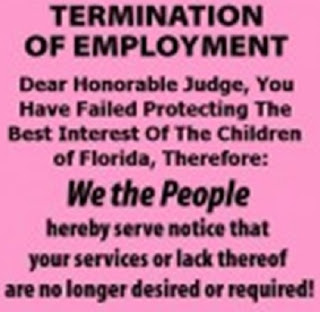Ask any civil trial lawyer in Florida how many days one has to move for rehearing of an order simply granting a motion for summary judgment, and the odds are good the lawyer will respond, “Ten days.” Pursue the matter further with the lawyer, and ask where this 10-day period is set forth in the Florida Rules of Civil Procedure, and the lawyer will invariably point to Rule 1.530, which by its title governs motions for new trial and rehearing.
Rule 1.530, however, provides that a motion for rehearing must be served no later than 10 days after “the date of filing of the judgment in a non-jury action.”1 An order simply granting a motion for summary judgment is not a final judgment; rather, it is a nonfinal order.2 So, too, are myriad other orders entered by a trial court before final judgment. Attorneys in Florida nevertheless regularly file “motions for rehearing” directed to such nonfinal orders. Often they believe they must do so within 10 days. Sometimes they also believe that such a motion tolls the time to seek appellate review of the nonfinal order.
Motions for rehearing of nonfinal orders are not authorized by the Florida Rules of Civil Procedure.3 Noting that motions for rehearing are exclusively governed by Rule 1.530, the Florida Supreme Court has observed that “[u]nless the filing of a motion for rehearing to an interlocutory order is authorized by a rule of court promulgated by the rule-making authority, then its filing is improper.”4 Indeed, it is not unheard of for an attorney to file a motion for “rehearing” of a nonfinal order and subsequently be confronted with a response from the other side echoing the court’s language and declaring that such motions are unauthorized and improper.
Yet while the rules of civil procedure themselves do not authorize motions for rehearing directed to nonfinal orders, a trial court does have the inherent authority to reconsider and alter or retract such orders prior to the entry of final judgment.5 Rather than constituting a motion for rehearing under Rule 1.530, a motion directed to a nonfinal order is actually a “motion for reconsideration” based upon this inherent and discretionary authority of the trial court.6 Despite this distinct and well-established basis for reconsideration of interlocutory orders, there still exists confusion among many practitioners about the differences between reconsideration and rehearing.
Much of the confusion stems from the fact that parties and the courts frequently use the terms interchangeably, at least in the context of motions directed at nonfinal orders. This is perhaps understandable given the lack of any rule-based authority for reconsideration of nonfinal orders; the articulation of the trial court’s inherent authority has of necessity come through the development of the common law. An attorney will, therefore, only be aware of the basis for reconsideration — as well as its effect on any subsequent appeal — from the case law.
Common Law Origin of Motions for Reconsideration
Continue reading Is There a Difference Between Motioning for Reconsideration or Rehearing?















